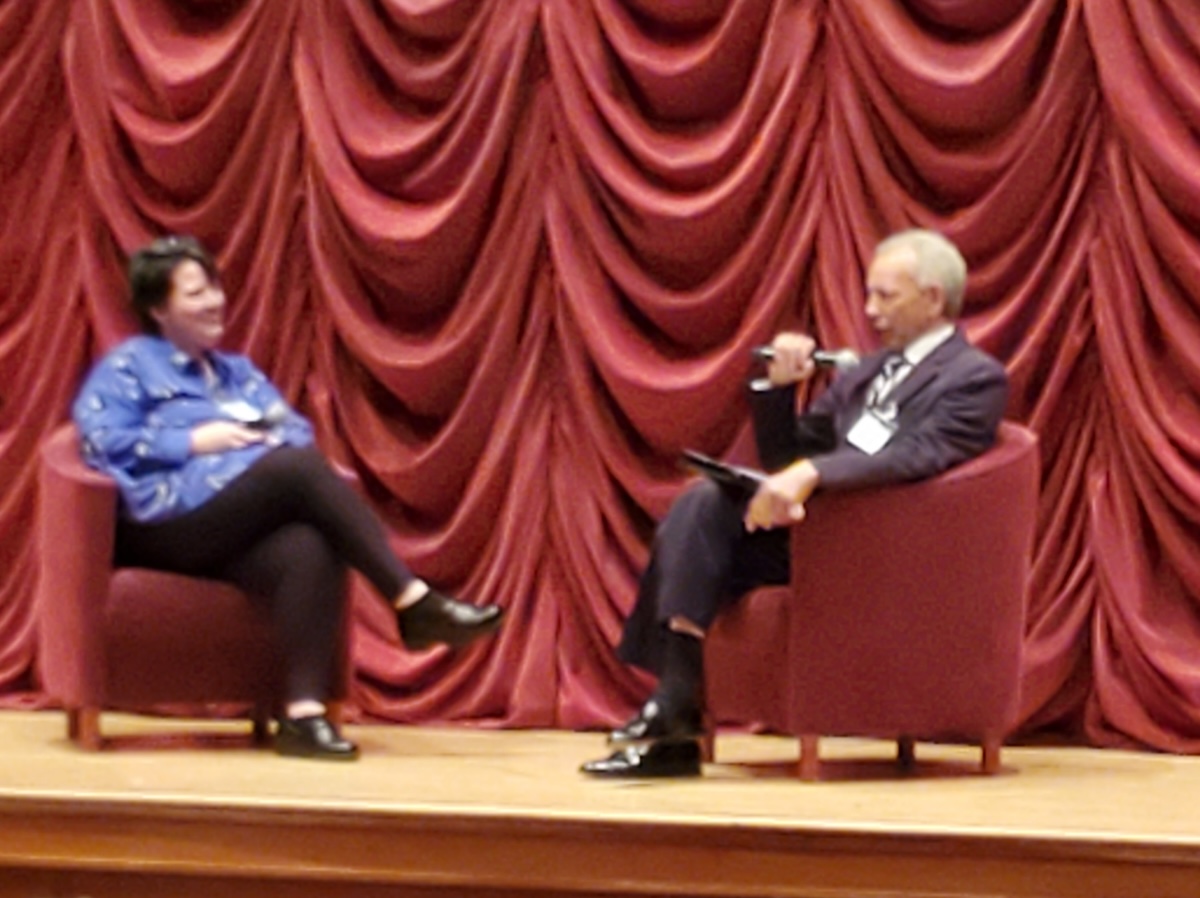Jeff Clark of the Department of Mathematics attended the Executive Committee meeting of the Section to discuss upcoming bylaws revisions, presented a paper on Partially Ordered Sets, and was moved to see the Section acknowledge a historic wrong.
Jeff Clark of the Department of Mathematics attended the governing Executive Committee’s meeting at the annual meeting of the Southeastern Section of the Mathematical Association of America in Knoxville to discuss forthcoming bylaws revisions.
Clark served on the Executive Committee from 1994 to 1997 as North Carolina state director, 2003 to 2010 as webmaster, 2016-2017 as chair-elect, 2017 to 2019 as chair, and 2019 to 2020 as past-chair. During his time as section chair he presided over the last revision of the section’s bylaws (making them more inclusive in substantive ways) in 2018. He currently serves on the national MAA’s Committee on Bylaws and met with the Southeastern Section’s Executive Committee on March 14 to discuss the logistics involved in bylaws revision.
On Friday, March 15, Clark presented a talk on “Partially Ordered Sets and Designing Classes in Object-Oriented Programming.”
That afternoon he, along with the rest of the audience of a plenary session, saw a public discussion of a historic wrong. As part of his responsibility as webmaster to provide section members with convenient access to import information, Clark had scanned from paper copies of an alternative history of participation in the section by mathematicians of color. One of the stories in that history described how in 1960 four mathematicians of color were turned away from the annual meeting of the section. They knew it was going to happen and they bravely placed themselves there to make sure the segregation would not go unnoticed.
A University of Tennessee-Knoxville mathematics professor, Jeneva Clark (no relation) tracked down the surviving member of that quartet, Bill Brodie, a retired mathematics instructor in Florida. At the plenary session the audience participated in a Q&A with Professor Brodie, talking about his experiences with civil rights protests, including sharing a jail cell with Dr. Martin Luther King, Jr. at one point. At the end of the session the leadership of the Southeastern Section apologized for Professor Brodie’s treatment in the past and reaffirmed that the Section was open and affirming of all who love mathematics.
(I don’t cry easily but my tears were flowing. It was beautiful.)



